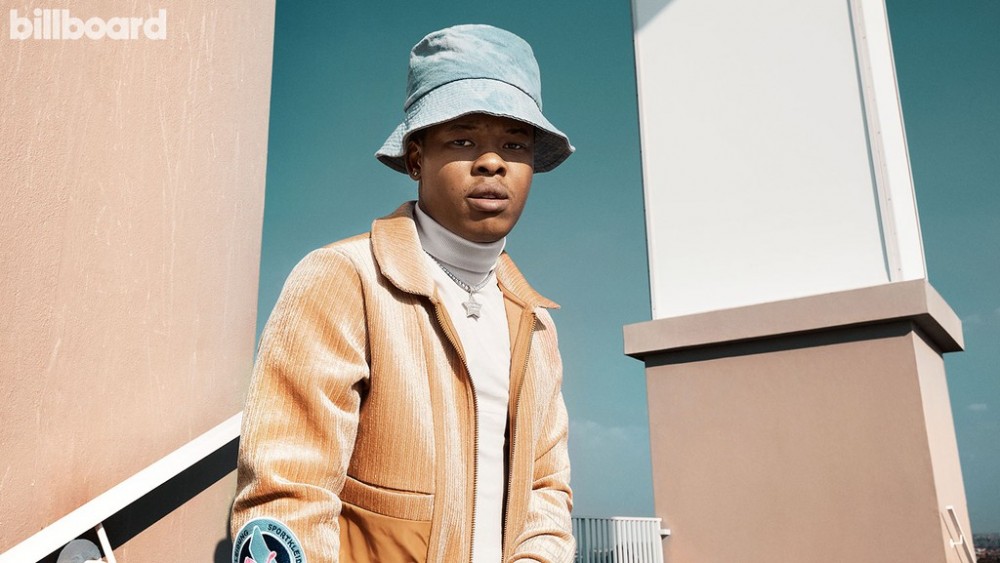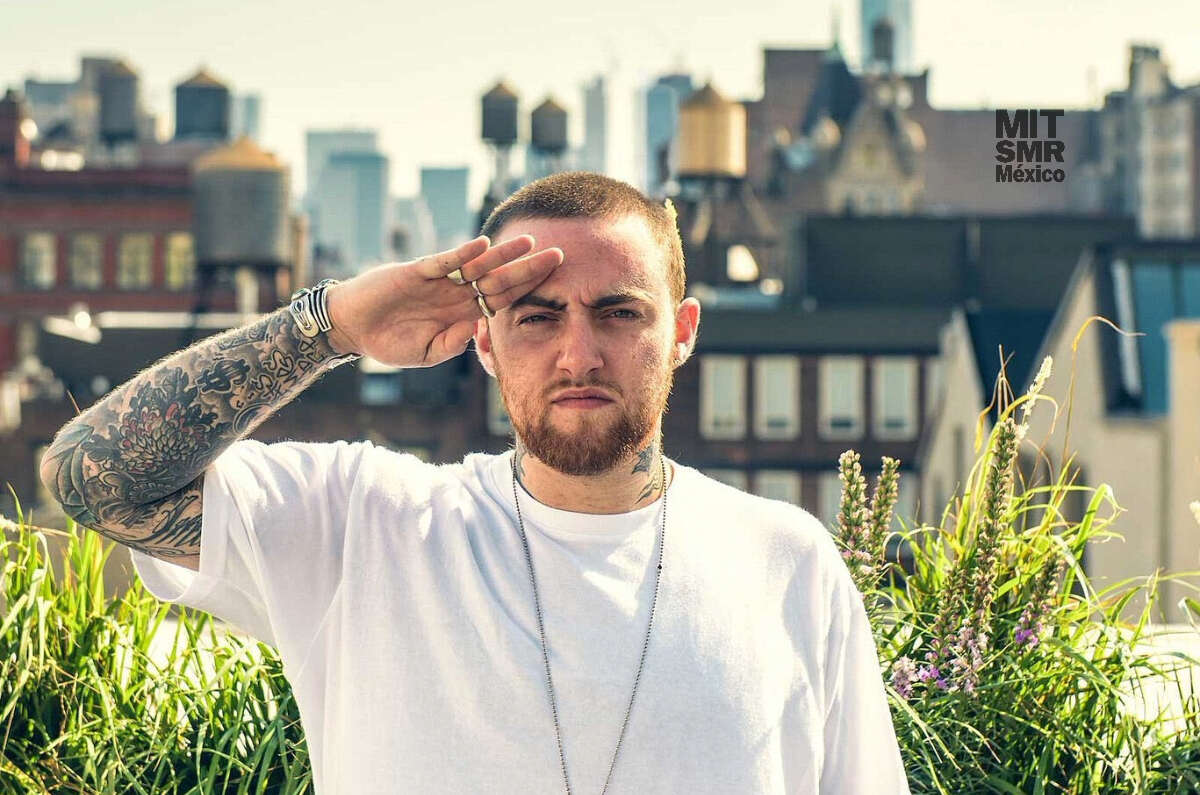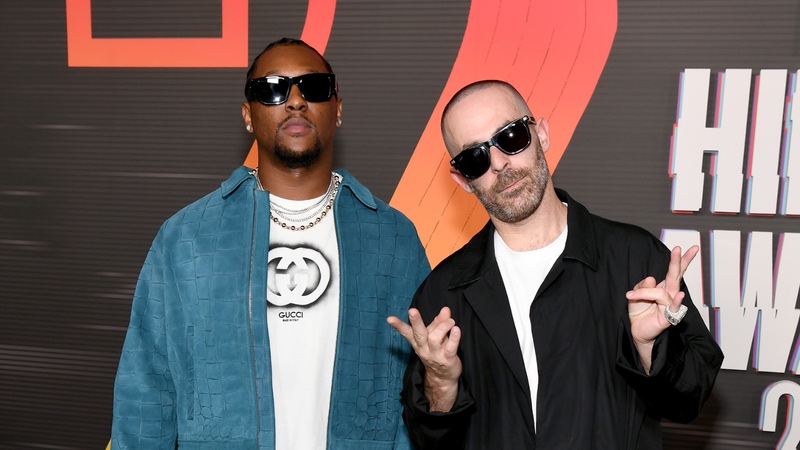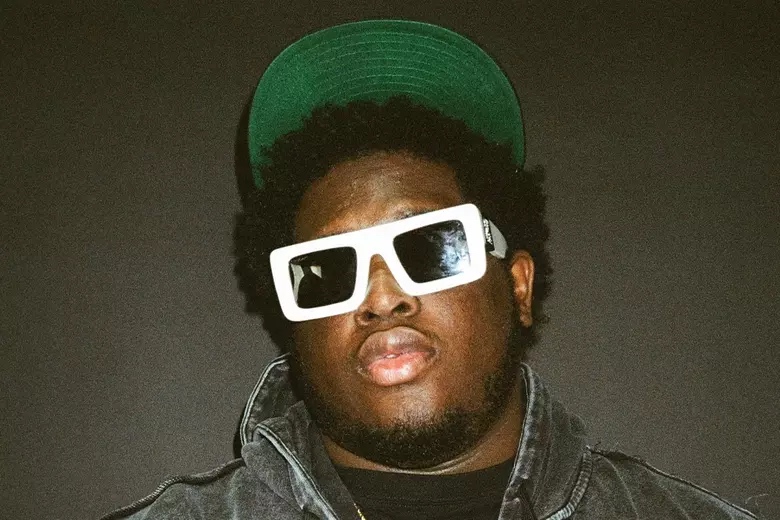With his upcoming Def Jam debut album, the rapper hopes to “open a whole new lane.”
Nasty C had planned to spend part of May on a promotional tour that included stops in Japan, Africa and Los Angeles celebrating his upcoming Def Jam debut album, Zulu Man With Some Power — but then the coronavirus hit.
Having just signed to Def Jam Recordings through a joint venture with Universal Music Group (UMG) Africa in late March, his team wasn’t going to let him lose momentum, though. The announcement of his signing came with the trap-leaning single “There They Go,” on which he raps, “I sign deals but I own my soul,” and a music video shot in his hometown of Durban, South Africa — and, apparently, a strategy for how to stay connected without leaving his home.
Three days before Nasty C self-quarantined in Johannesburg, his team secured cameras, lights, a sound system and other equipment so the rising rapper could stage virtual performances. His first, a YouTube #StayHome #WithMe concert followed by a Q&A, premiered April 27. “I’ve lost count of the days,” says Nasty C of his lockdown. “There’s nothing I can do about it, so I’m focusing on what I can do to stay in touch with my fans.”
Nicknamed “The Coolest Kid in Africa,” the 23-year-old born Nsikayesizwe David Junior Ngcobo was raised with his eight siblings in Durban’s KwaZulu-Natal province. His mother, who worked as an insurance agent, died when he was just 11 months old — he named his entertainment and touring entities “Ivyson” after her. His father, a hospital HR manager, didn’t initially support his career. (Nasty C grew up listening to Lil Wayne and T.I., and decided when he was 9 years old he wanted to become a rapper, too.) “He used to give me such a hard time,” recalls Nasty C. “But now, he sees all the hard work I put in. He’s proud.”
Nasty C is the latest in a growing contingent of African artists catching the ear of major U.S. labels. In 2016, Wizkid landed a career-changing feature on Drake’s “One Dance,” later signing a worldwide deal with RCA Records/Sony Music International. And in 2017, Burna Boy — whose latest album, African Giant, earned him his first Grammy Award nomination — signed a recording contract with Bad Habit/Atlantic in the United States and Warner Music International abroad (excluding Africa, where he releases music on his own Spaceship Entertainment label).
Seeing the trajectory of his peers, Nasty C says his decision to sign with Def Jam came down to one word: crossover. “We were ready to take this whole thing global, and Def Jam has been doing this for as long as I’ve even been around,” he says. Manager Colin Gayle, CEO of Africa Creative Agency (ACA), adds: “The fact that he signed to Def Jam, the epitome of hip-hop, is a loud statement to the world of where hip-hop is — and the opportunity that Nasty C] has in front of him.”
The rapper has been working toward a U.S. crossover for the better part of eight years, beginning with his first mixtape, One Kid a Thousand Coffins, in 2013. The 2015 release of his second mixtape, Price City — with breakout single “Juice Back” (its remix featured Davido and Cassper Nyovest) — helped him secure a record deal with Mabala Noise, an independent label distributed by UMG Africa. Two years later his debut album, Bad Hair, arrived, and its rerelease, Bad Hair Extensions, featured French Montana.
By 2017, Nasty C landed a guest spot on Major Lazer’s “Particula” (also featuring Ice Prince, Patoranking and Jidenna), which peaked at No. 42 on Billboard’s Hot Dance/Electronic Songs and became the rapper’s first Billboard chart entry. That same year, Mabala Noise hired Johannesburg-based ACA to consult on the young artist’s developing career. When the label decided to exit the music business in late 2017, ACA came on as full-time management and Nasty C signed directly to UMG Africa.
His second album, 2018’s Strings and Bling, cemented the newcomer’s star status in Africa and gave him the final push into a mainstream global market. The album raked in over 120 million aggregated streams across Apple, Spotify and other services in Africa, according to Nasty C’s management, and yielded multiplatinum singles “King,” “Jungle” and “SMA.” The project also earned him two South African Music Awards and two All African Muzik Magazine Awards. By the start of 2020, Nasty C was performing in Los Angeles at UMG’s annual Grammy brunch and showcase that included sets from Billie Eilish, DaBaby and Tiwa Savage.
And though Nasty C still hasn’t met T.I., his idol does appear on Zulu Man With Some Power, as does Burna Boy. Performing his new music live ranks high on Nasty C’s post-pandemic wish list (further down are paintball, go-karts and shopping) but, more than anything, he hopes his new album “breaks the stereotype of Africa just being Afrobeats,” he says. “I hope it opens up a whole new lane for American hip-hop artists to interact with African hip-hop artists. In bridging those gaps, I want people to realize there are a lot more flavors here.”
STARTING A WAVE
Launched in 2016 by Colin and Yvette Gayle (CEO and COO, respectively), along with general counsel Roger Patton and CFO Kevin Boakye, Johannesburg-based Africa Creative Agency has grown into a Pan-African talent and digital marketing agency representing clients across music, comedy and acting. The two industry veterans talk leaving Los Angeles for the front lines of Africa’s exciting transition into a global force.
Colin Gayle: I came here with Stevie Wonder and other artists for Nelson Mandela’s 80th-birthday celebration in 1998 — that was my first taste of Africa. I fell in love with the continent, and then I fell in love with the concept of building an entertainment industry across Africa. I spent the next several years traveling back and forth when the idea came to create something that would really wrap its hands around the entertainment industry. I’d noticed that Africa didn’t have any type of agency looking after the creative space. There was nothing connecting South Africa to Nigeria, Nigeria to Kenya, Kenya to Tanzania.
It was about taking the information we’d learned in North America and partnering with people here to build out the ecosystem. It always reminds me of the early ’80s, when we were trying to get our footing in hiphop; trying to change the structure of how we were dealt with as young business executives in record companies that we did not have a voice in.
Yvette Gayle: That’s what helped shape my decision to give up two decades of working for major labels Interscope Geffen A&M, Columbia] to forge this exciting life full of opportunity in Africa. We moved here as a family with our son, 13, and daughter, 9, in 2017. One of the great things about Africa is the talent that’s on this continent. It’s an amazing cultural melting pot. I’m getting the same feeling and belief I felt when I worked with Nas at the beginning of his career and when I met 50 Cent and spent 18 years working with him
This article originally appeared in the May 23, 2020 issue of Billboard.



